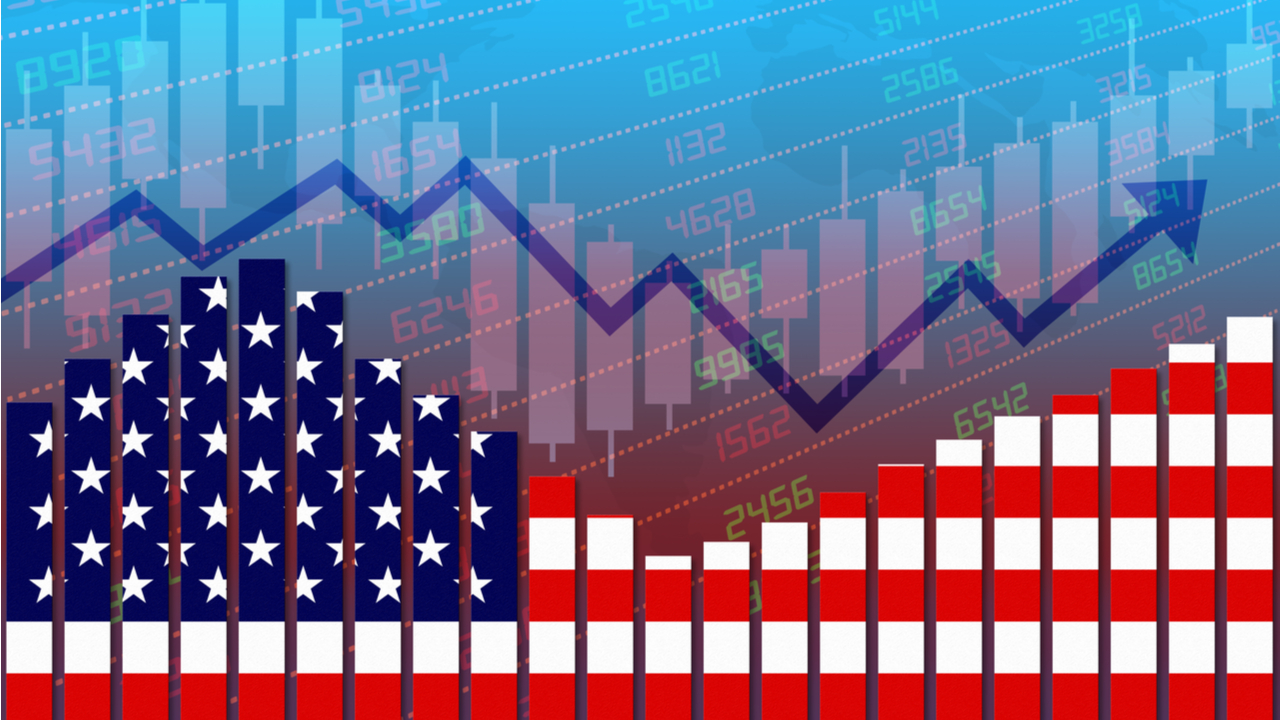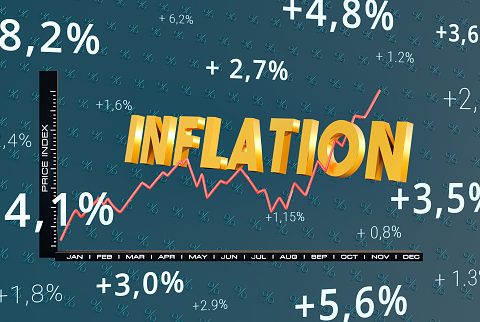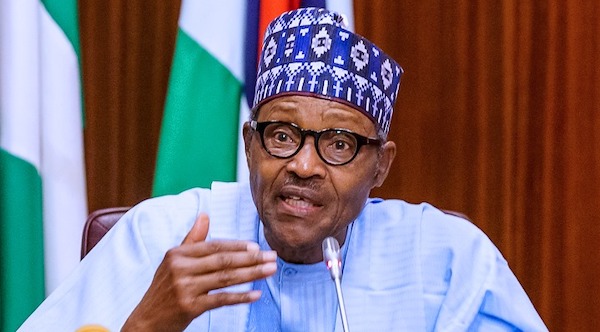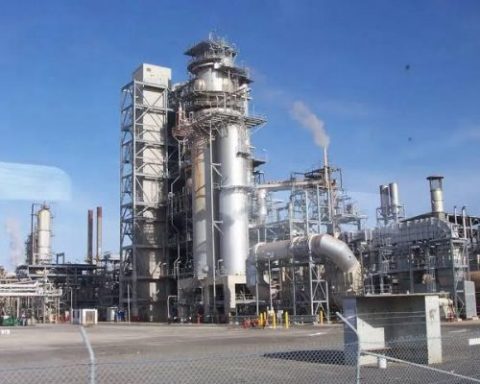In a twist of economic fate, US inflation surged to 3.7% in August, breaking its steady decline since June 2022, primarily due to a sharp upswing in energy prices.
This development, though still well below the alarming levels witnessed last year, has ignited concerns about the Federal Reserve’s target rate of 2% and the impending decision on interest rates.
Join our WhatsApp ChannelIn a surprising turn of events, US inflation bucked the trend of consistent declines and rose to 3.7% in August, the first uptick since June 2022. The culprit behind this unexpected shift? Soaring energy prices sent ripples through the market as summer drew to a close.
While it’s important to note that these figures are far from the double-digit inflation rates witnessed just a year ago when it peaked at a staggering 9.1% in June, the recent increase is enough to raise eyebrows.
Economists and analysts are now pondering whether this could sway the Federal Reserve’s decision to adjust interest rates later in the year.
READ ALSO: CBN: Special Investigators Closing In on N7 Trillion Fraud Scandal
The Consumer Price Index data for August reveals a significant surge in energy commodity prices, including gas and oil, with a staggering 10.5% increase over the past month.
The main culprit: a persistent supply shortage resulting from Russia and Saudi Arabia’s aggressive cuts, which drove crude oil prices to a 10-month high of $91 per barrel. The surge in gas prices alone accounted for over half of the overall inflation rate increase.
In contrast, core inflation, which excludes the volatile energy and food sectors, actually saw a decrease in August, slipping from 4.7% in July to 4.3%. This dip reflects the substantial impact that rising energy prices have had on the broader inflation rate.
Despite the drop in core inflation, which has been persistently high and slow to recede compared to the 12-month inflation rate, it still hovers well above the Federal Reserve’s desired 2% target rate.
Several factors contribute to this stubbornly high core inflation. While used car and medical care service prices have seen declines over recent months, the housing market is keeping inflation firmly anchored.
In June, the median home price reached a near-record high of $413,800, the second-highest price ever recorded, according to the National Association of Realtors. Although home prices eased slightly to $406,700 in July, they still remain 7.3% higher than the previous year.
Despite this slight uptick in inflation, the Federal Reserve appears poised to keep interest rates unchanged at its upcoming board meeting on September 20.
Economists suggest that this decision has long been in the works, as many officials believe the full effects of current interest rates, at a 22-year high ranging from 5.25% to 5.5%, have yet to fully manifest in the economy.
However, the uncertainty surrounding the economy’s trajectory persists. While job growth has maintained relative stability despite elevated interest rates, inflation remains far from the 2% target.
This ambiguity leaves open the possibility of future interest rate hikes, potentially injecting greater volatility into the US economy and even triggering a recession. Nevertheless, the Federal Reserve’s mission to tame inflation has yet to yield dramatic consequences.
Fed Chair Jerome Powell acknowledged this precarious balance last month, affirming their commitment to proceeding cautiously with interest rates: “We are prepared to raise rates further if appropriate, and intend to hold policy at a restrictive level until we are confident that inflation is moving sustainably down toward our objective.” Powell noted that while the decline in inflation has been a “welcome development,” it still lingers at elevated levels, warranting a measured approach.
















